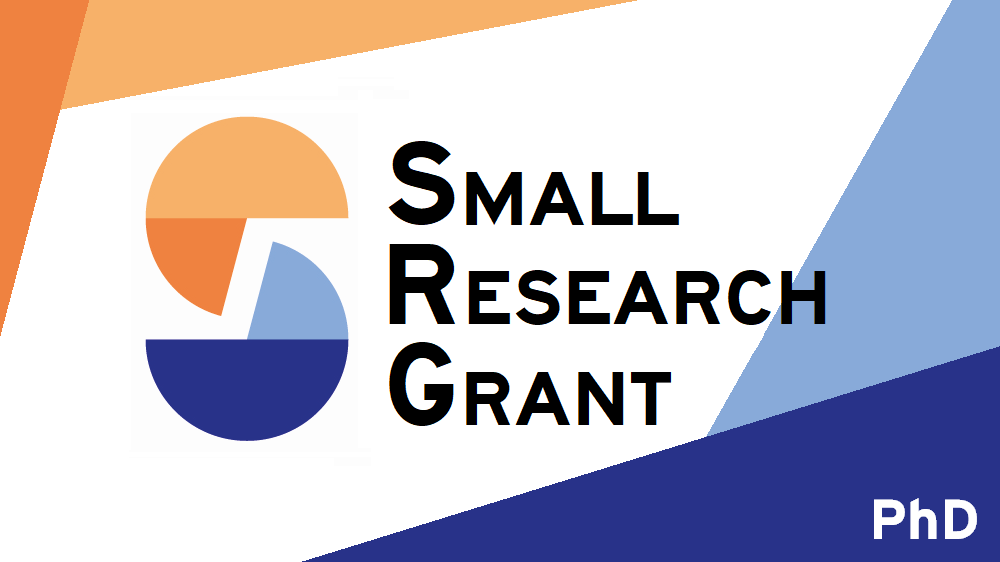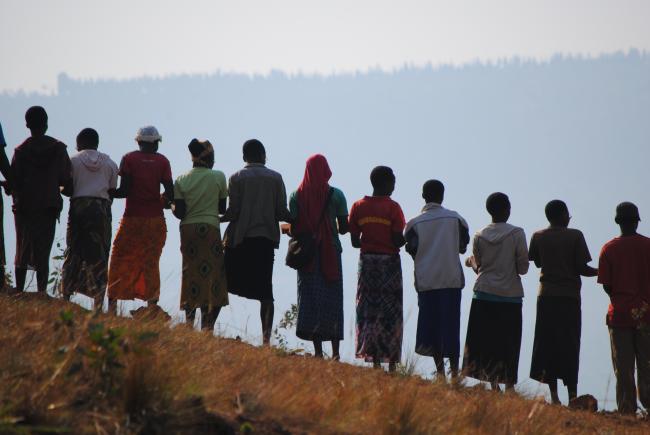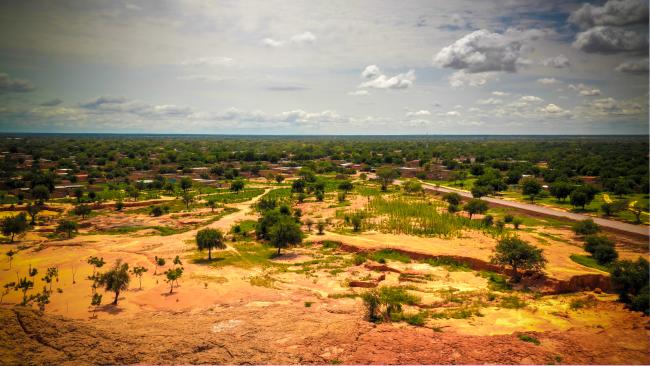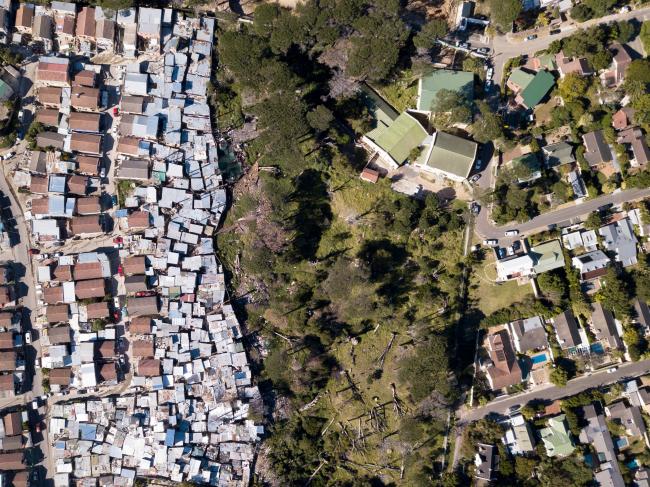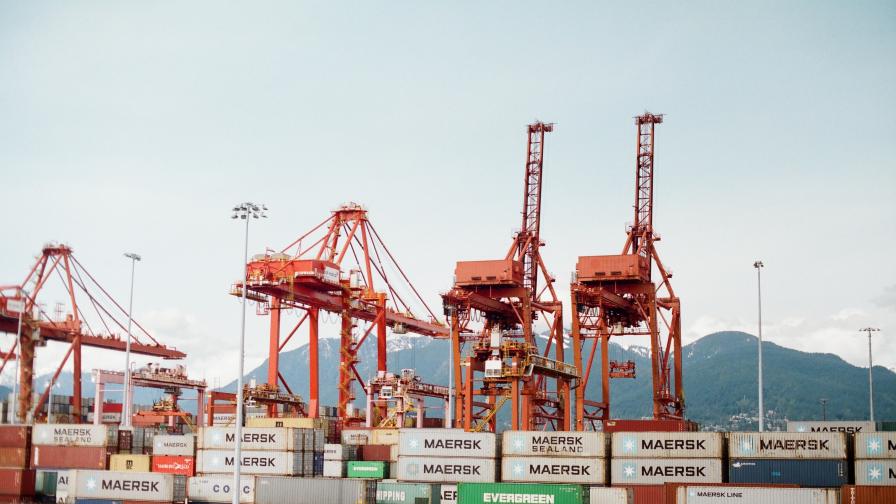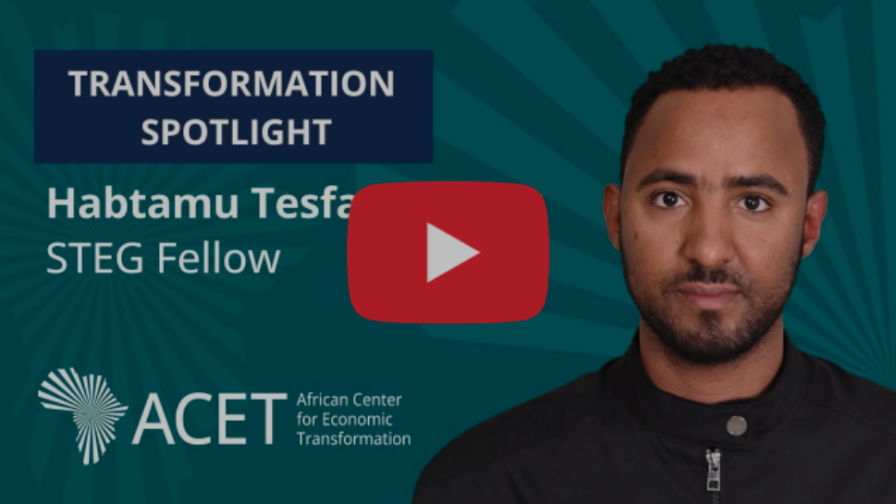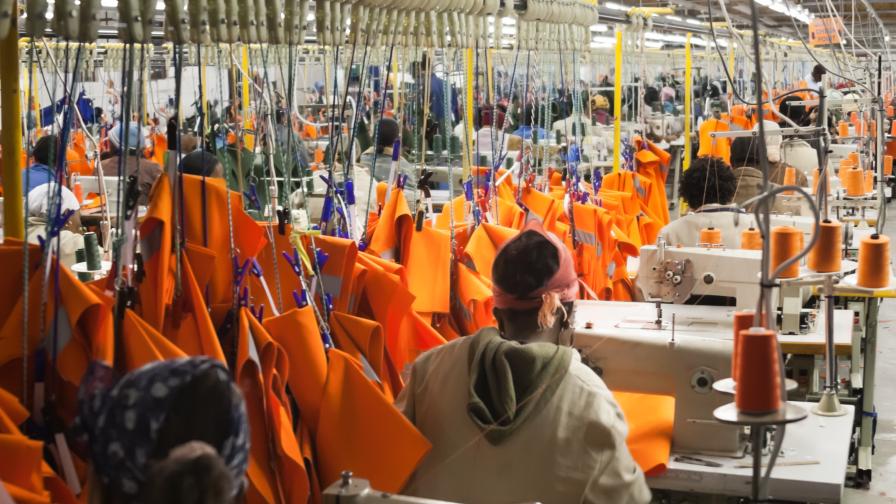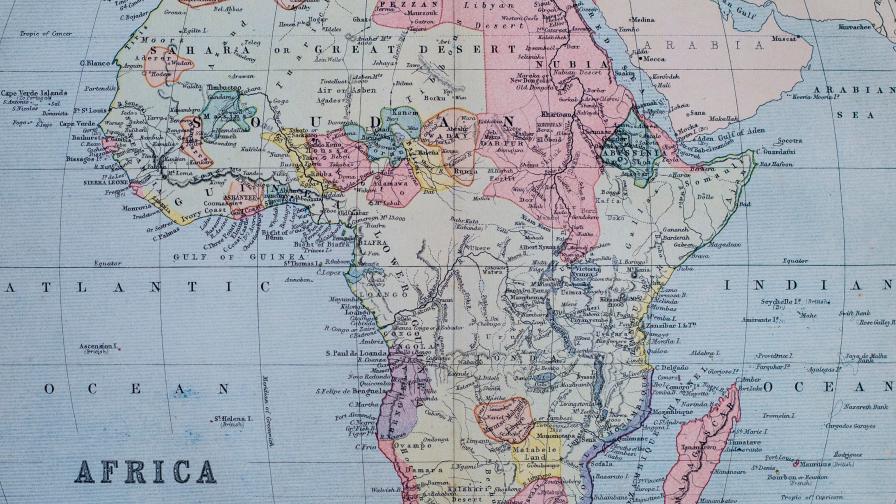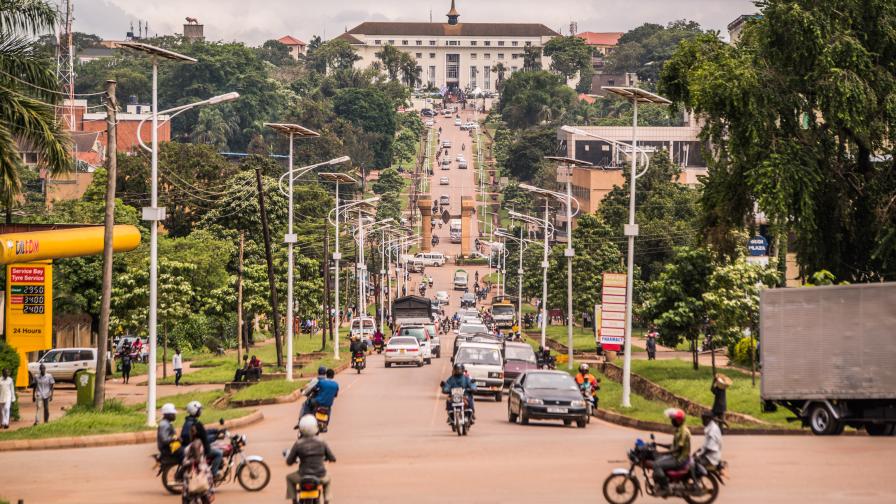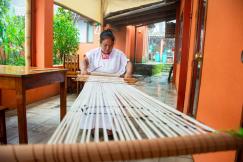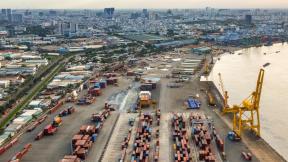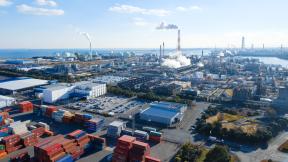Macro-level studies predict high volumes of migration in response to climate change (Marchiori et al., 2012; Cattaneo and Peri, 2016; Peri and Sasahara, 2019). Rural communities in the developing world, whose livelihoods and income are disproportionately exposed to climate shocks, are among the most vulnerable to the effects of climate change (Dell et al., 2014; Desmet and Rossi-Hansberg, 2015; Burgess et al., 2017). This project aims to investigate the climate-migration decisions of households from these at-risk communities, focusing on how poverty-alleviation programs targeting the rural poor impact their decision to migrate in response to climate stress?
This study develops a dynamic model of a household’s decision to migrate, accounting for the role of in-situ adaptation to climate stress through income diversification and insurance arrangements (Alfano and Goerlach, 2024). The model will be applied to a hallmark poverty-alleviation program - the Ultra-Poor Graduation (UPG) program. To discipline the model, the study will use household-level panel data from an ongoing J-PAL evaluation of a UPG program in Upper Egypt and combine it with granular time-series data on climate stress.
To the best of the research team's knowledge, this project is the first to study the implications of poverty-alleviation programs on migration decisions induced by exposure to climate stress. A by-product of this project is a novel dataset on the climate beliefs and different types of migratory decisions of a sample of ultra-poor households in Upper Egypt. The structural approach employed will uniquely enable the research team to provide counterfactual policy simulations on how scale-ups of UPG programs will contribute to climate-driven migration. This is especially relevant since many UPG programs are currently being implemented in low-income countries that face comparable heat stress and water scarcity, to Egypt (e.g. Kenya, Sudan and Ethiopia). Moreover, the findings can be used to investigate how to innovate upon UPG programs to alleviate rural poverty, while facilitating households’ capacity to migrate (if needed) in response to climate change in the long-run.
